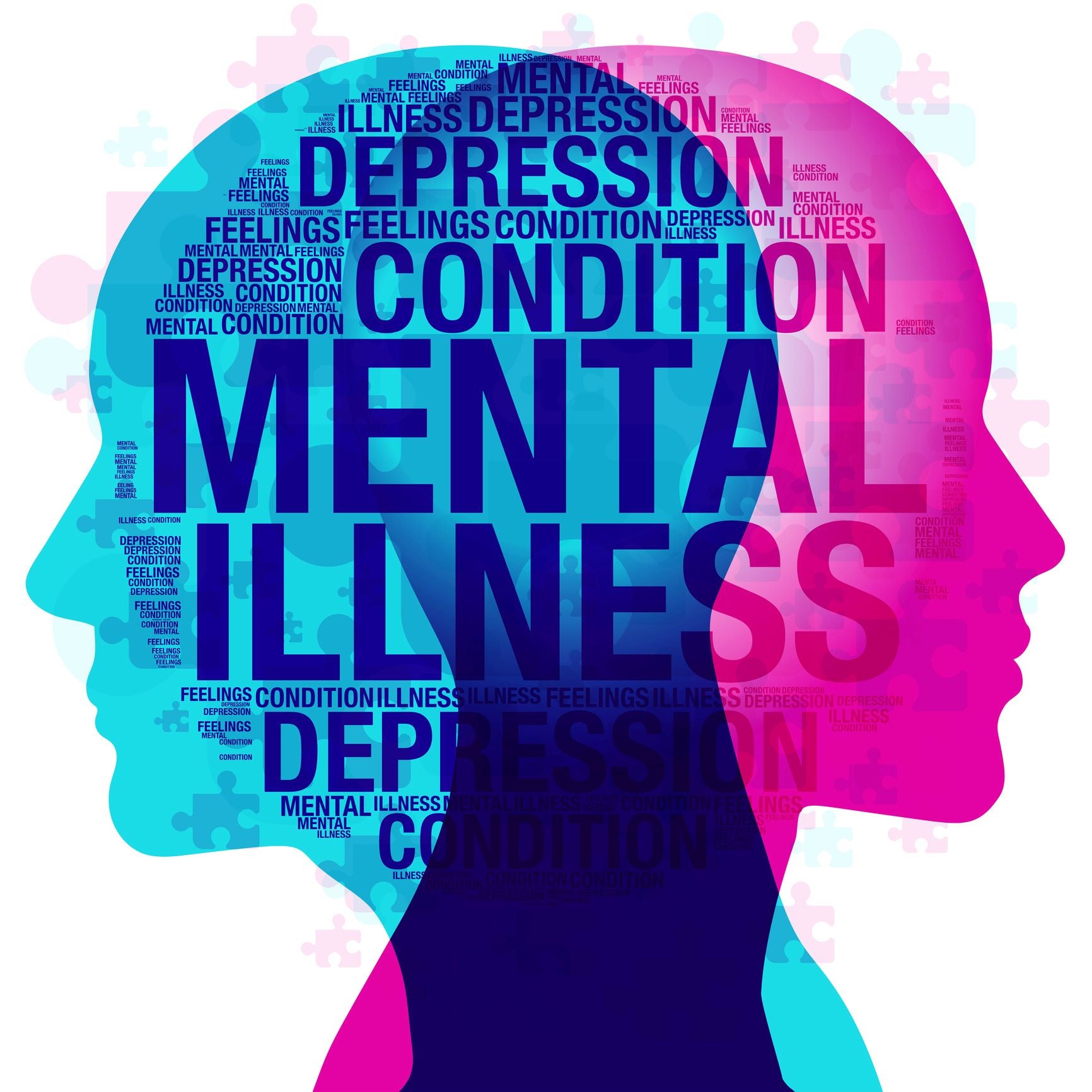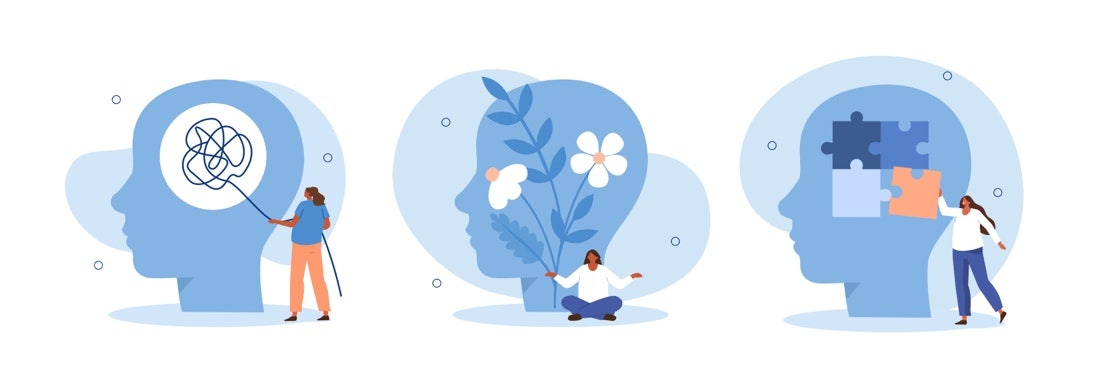Discover a Top-Rated Inpatient Mental Health Program Near You
Discover a Top-Rated Inpatient Mental Health Program Near You
Blog Article
Comprehensive Inpatient Mental Wellness Services for Effective Treatment
Inpatient psychological health services stand for an important element of the medical care system, giving a organized and intensive setting for individuals experiencing serious psychological distress. These solutions utilize a multidisciplinary approach, integrating various evidence-based therapies to deal with the intricate demands of clients. The performance of such thorough care expands past immediate stablizing; it also incorporates the transition to outpatient assistance, a crucial phase commonly neglected - inpatient mental health treatment. Checking out the subtleties of this continuum reveals considerable ramifications for both private recuperation and wider mental health results. What variables really affect this shift, and how can we improve its performance?
Comprehending Inpatient Mental Health Solutions
Inpatient mental health services give important support for people experiencing severe psychological distress that can not be taken care of effectively in an outpatient setting. These services are made to use an extensive level of treatment in an organized environment, often within a health center or specialized facility. Individuals confessed to inpatient programs generally display severe symptoms, such as self-destructive ideation, extreme depression, or psychosis, demanding round-the-clock surveillance and treatment.
The admission process typically includes an extensive analysis by psychological health and wellness experts, that assess the individual's mindset, background, and immediate requirements. When confessed, individuals take part in a variety of restorative techniques customized to their certain demands, including medication monitoring, specific treatment, and group sessions. This alternative technique intends to maintain the client's problem, promote security, and foster coping skills.
Inpatient mental wellness services not just address immediate health and wellness concerns yet likewise function as a bridge to continuous treatment. By offering a controlled atmosphere, these solutions help with the advancement of therapy strategies that can be continued in outpatient setups, hence guaranteeing a continuum of care and boosting lasting outcomes for people with intricate mental health needs.
Trick Parts of Effective Therapy
Reliable therapy in inpatient psychological health and wellness services comprises several essential components that promote healing and stabilization. First and foremost, an extensive evaluation is important to identify the person's certain needs and difficulties. This analysis informs the development of a tailored treatment strategy, which functions as a roadmap for intervention.
One more important component is the multidisciplinary group technique. Collaboration among psychoanalysts, psycho therapists, nurses, and social workers ensures that numerous point of views add to the individual's care, enhancing the performance of treatment. Evidence-based healing methods, such as cognitive-behavioral treatment (CBT) and dialectical behavior modification (DBT), are additionally integral, supplying structured techniques that resolve maladaptive idea patterns and behavior issues.

Finally, an emphasis on aftercare preparation is essential to ensure a smooth transition to outpatient services, lessening the danger of relapse and promoting long-lasting health. These collective components develop an efficient therapy structure within inpatient mental health and wellness solutions.
Benefits of Comprehensive Care

Thorough treatment in inpatient psychological health solutions provides various advantages that dramatically improve individual end results. Among the key advantages is the all natural strategy to treatment, attending to not only the psychological signs and symptoms however additionally the physical, social, and psychological needs of people. This detailed analysis enables tailored interventions that promote overall well-being.
One more advantage is the combination of multidisciplinary groups, which cultivates partnership amongst health care specialists. This collective setting ensures that patients receive coordinated care, lowering the risk of fragmented therapy and enhancing communication amongst caregivers. In addition, detailed care promotes connection of solutions, allowing for seamless changes from inpatient to outpatient settings, which is crucial for long-lasting recovery.

Finally, the organized atmosphere of detailed inpatient treatment offers a safe space for individuals to involve in healing tasks, helping them create coping approaches and resilience. Jointly, these benefits add to a lot more efficient therapy and enhanced high quality of life for people experiencing mental wellness crises.
Evidence-Based Restorative Methods
In the world of mental health therapy, evidence-based restorative methods play a critical duty in making sure that clients receive efficient and medically sustained treatments. These approaches incorporate the most effective offered study with professional knowledge and person worths, promoting a customized therapy experience that deals with individual needs.
Cognitive Behavior Modification (CBT) is one of the most commonly recognized evidence-based methods, concentrating on recognizing and altering adverse thought patterns and habits. This structured strategy has actually shown efficacy in treating problems such as stress and anxiety, anxiety, and ptsd. Dialectical Actions Therapy (DBT) is particularly efficient for individuals with this hyperlink borderline personality disorder, stressing the growth of emotional policy and interpersonal effectiveness skills.
Additionally, medicine management is usually an integral component of evidence-based therapy, as psychotropic drugs can ease symptoms and boost general functioning. Collaborative care models, which entail multidisciplinary teams, better enhance the efficacy of inpatient services by making sure detailed examinations and constant monitoring.
Inevitably, the combination of evidence-based therapeutic methods not just promotes positive professional outcomes but also equips individuals, fostering a sense of agency and resilience in their mental health journeys.
Transitioning to Outpatient Assistance
The transition from inpatient mental health solutions to outpatient support marks an important stage in a patient's recuperation journey. This period requires mindful preparation and coordination to ensure connection of care and to minimize the risks of relapse or crisis. Reliable discharge planning need to commence early in the inpatient keep, entailing a multidisciplinary team that consists of psychiatrists, psycho therapists, nurses, and social employees.
Secret components of a her latest blog successful shift consist of the advancement of a detailed aftercare plan customized to the person's particular demands. This plan should lay out follow-up appointments, drug administration, and therapeutic treatments, along with recognize area resources and support system that can facilitate ongoing recovery.
Furthermore, individual and family members education and learning is essential throughout this stage. Comprehending the indications of prospective problems and the importance of adhering to treatment can encourage individuals and their support systems.
Routine follow-up and review of the outpatient strategy are vital to resolve developing obstacles. By promoting a collaborative connection in between inpatient and outpatient providers, the probability of continual recuperation rises, ultimately boosting the client's lifestyle and lowering the risk of readmission.

Final Thought
In summary, comprehensive inpatient mental health services use a crucial framework for dealing with serious mental distress via a multidisciplinary strategy. Ultimately, such detailed treatment is important for lasting mental wellness and wellness.
The admission procedure normally includes a comprehensive assessment by psychological wellness professionals, that go to my blog review the individual's psychological state, history, and instant needs.Efficient treatment in inpatient psychological health services comprises numerous key components that promote recuperation and stabilization.Extensive care in inpatient mental health and wellness services supplies various benefits that considerably enhance person end results.The transition from inpatient mental health services to outpatient assistance marks a critical phase in an individual's recuperation journey.In summary, comprehensive inpatient mental wellness solutions use a necessary structure for dealing with serious emotional distress through a multidisciplinary strategy.
Report this page